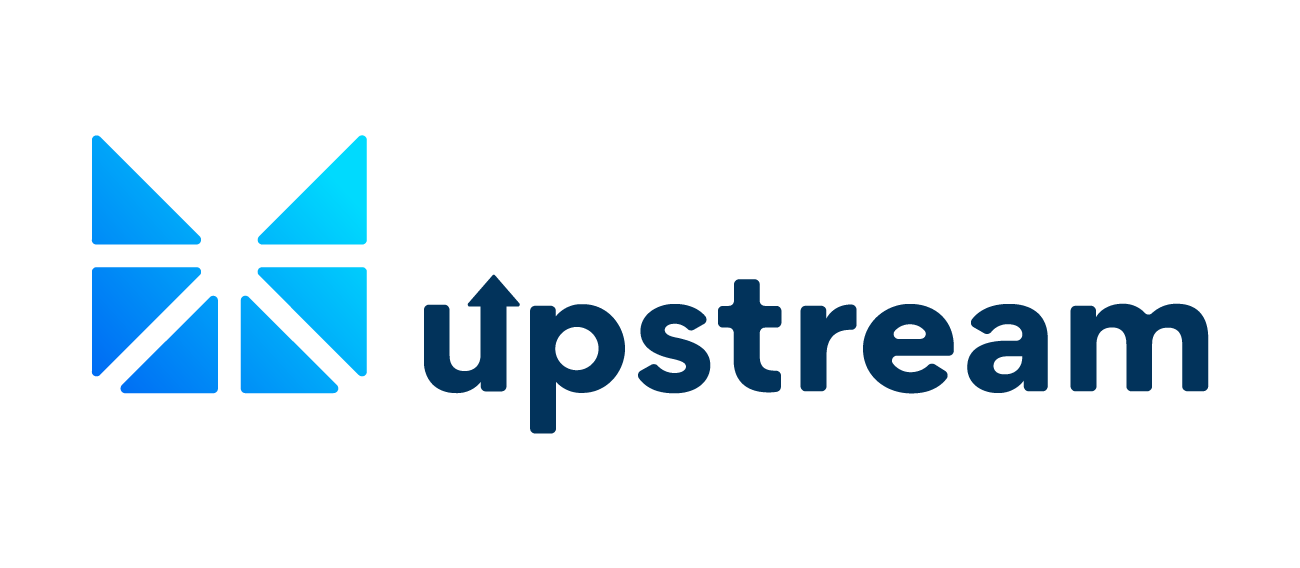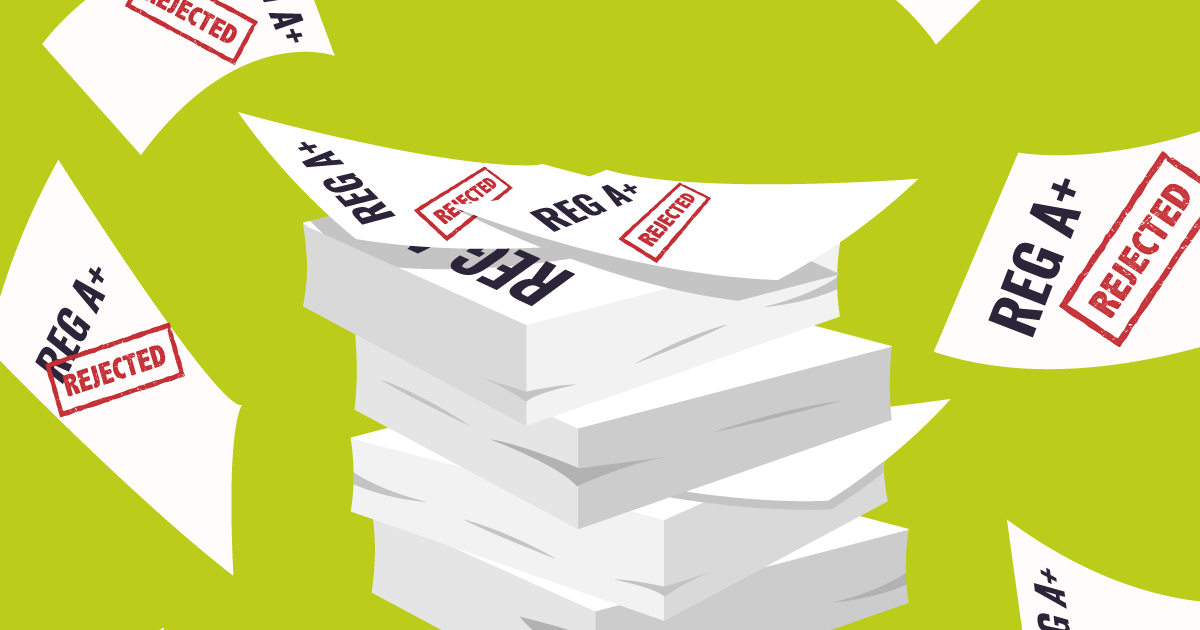By Vanessa Malone
Update: Blockstack’s Regulation A+ offering was qualified on July 10th. We discuss what this means for the industry and where we go from here in our next blog here.
Many industry thought-leaders have predicted the approval of a Regulation A+ digital securities offering (DSO) or security token offering (STO) to be in the cards this year.
The anticipation peaked on April 11th with the very public declaration that Blockstack has filed with the SEC and intends to raise up to $50 million dollars via a Reg A+ offering.
It’s important to note that filing is very different than being qualified by the SEC. A filing merely signals the intent to conduct the offering. Blockstack could still have a long way to go. It could take as long as 120 days of back and forth with the SEC to be qualified, if qualified at all. And it’s fair to assume the SEC is going to be very strict with the first offering of this nature to be approved.
Before continuing, I want to make it clear that our team is very much looking forward to the first Reg A+ DSO and wish Blockstack the best of luck for many reasons.
Up until now, the only DSOs to be conducted have been through rule 506(c) of Regulation D (Reg D) and Regulation S (Reg S). Reg D only allows accredited investors to participate, which isn’t as fun.
Reg A+ aligns much more closely with blockchain community values. For those that aren’t familiar with Reg A+, no, it’s not a new take on the popular style of music. It’s a fundraising vehicle that allows companies to generally solicit an investment opportunity to the general public. This gives the everyday investor access to early-stage investment opportunities typically reserved for high net-worth individuals. Also worth noting that securities sold in a Reg A+ offering are not restricted so investors don’t have to deal with a lock-up period like they do for Reg D.
But due to a combination of factors ranging from low-quality deals, unrealistic valuations, and little after-market support, the Reg A+ industry has stagnated.
Another reason we’re looking forward to Reg A+ DSOs is that an influx of quality offerings backed by credible companies with tangible visions and fair valuations can offer a much-needed facelift for the current Reg A+ industry.
The same could be said vice versa. The blockchain industry is still plagued by the aftermath of ICOs. According to an Ernst & Young analysis of top ICOs responsible for gathering 87% of all proceeds from January 2018 to September 2018 , 86% of ICOs are below listing price and 30% lost all their value to date.
If we could combine the attention and deal flow that ICOs generated, high-quality deals, and necessary regulation and investor protection, both the blockchain industry and Reg A+ industry would benefit significantly.
Now back to the question posed- Will Blockstack’s Regulation A+ Filing Be Approved?
Blockstacks filing is not typical of Reg A+ for a few reasons, besides the obvious one being that it’s a token offering:
1. Blockstack is standing firm on the belief that Stacks Tokens should not be characterized as either debt or equity under the securities laws
Reg A+ was specifically designed for eligible companies to offer debt or equities securities, or securities convertible into debt or equity such as options and warrants.
Blockstack claims the tokens don’t share the characteristics as might be expected for a traditional debt or equity instrument. We’ll see what the SEC thinks about that one but this plays into the next point of interest.
2. Blockstack is not engaging a Transfer Agent despite the mandate that issuers conducting a Tier ll offering under Reg A+ must engage one.
Now, this is the one that really stood out. The SEC mandates that issuers conducting a Tier ll offering under Reg A+ must engage the services of a stock transfer agent who is registered with the SEC as outlined in Section 17A of the Exchange Act unless 12(g) exempt.
A section 12(g) exemption is very difficult to accomplish as it requires an offering to have less than 500 non-accredited investors, less than 2000 investors of all levels, and for the company conducting the offering to have less than $10M in assets on its balance sheet.
To put this into quick perspective:
- While accredited investors don’t have a legal maximum investment in a Reg A+ offering, Blockstack only allows investors to purchase $3,000 worth of Stacks Tokens through the voucher program
- If Blockstack raises the full $50 million with investors each paying $3,000, that amounts to 16,000 investors!
- To be fair, from a team whose individuals have been around Reg A+ offerings from the start, none to date have raised close to $50 million, excluding REITs. Still, even if they raised $15 million with investors paying $3,000 each, that amounts to 5,000 investors.
It gets even more interesting because Blockstack is saying they are eligible to conduct the offering without the services of a transfer agent because of the first reason mentioned, that Stack Tokens don’t constitute as debt or equities securities because “they do not have equity-like features.”
Then they go on to say the following:
“We do not intend to engage a transfer agent with respect to the tokens, in part because there is no existing transfer agent that we are aware of able to perform relevant functions related to the tokens, and in part because the types of activities a transfer agent would normally engage in are performed automatically on the blockchain.” — Blockstack’s Offering Circular
Our team at Horizon believes that one of the big reasons why Reg A+ DSOs haven’t been approved yet is the failure to use a Transfer Agent — which is one of the reasons we built what we believe to be the first regulatory compliant product for the US to compliantly custody digital securities, which solves for everything the above quote alludes to.
We built CustodyWare to provide registered Transfer Agents with the tools they need to compliantly custody digital securities. In fact, the software just recently debuted for the Timeless Luxury Group DSO. The issuer engaged VStock, a registered Transfer Agent, which licenses our CustodyWare software to custody the digital securities.
The use of a Transfer Agent, as noted in our previous blog, represents what regulators refer to as a ‘good control’ location and source of truth. Recently, the SEC has hinted that the blockchain is not a recognized source of truth, which is why we incorporate Transfer Agents in Reg D offerings as well. This is to maintain the identities of investors for the duration of digital securities’ lifecycles.
The cryptographic assets remain the property of the investor, which is signed and immutable via a blockchain transaction, but the Transfer Agent is able to securely and compliantly manage an investor’s holding.
Concluding Remarks
What’s great about the blockchain community, is that we’re chock full of brilliant developers, entrepreneurs, and problem solvers that are all working together to fuel a successful marketplace. Everyone is rooting for Blockstack because the first Reg A+ DSO will be an amazing milestone to reach.
What their filing can teach us is that there are great companies out there looking to raise funds the right way and do right by their investors. It also shows that there are hurdles to overcome and gaps in the infrastructure making it difficult to reach this next milestone.
By building blockchain solutions that provide issuers with the shovels and picks necessary to conduct these offerings, more and more quality issuers could enter the market. And if the issuer wins, everyone wins.
Follow @HorizonGlobex

